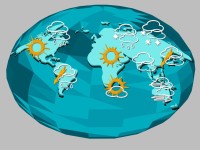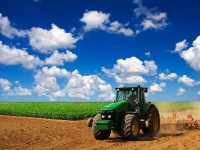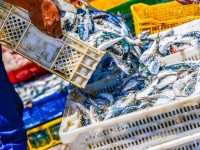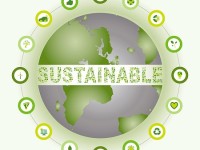The federal environmental process includes a myriad of individual subjects but there are five big players. These are cultural resources, biology/ecology, hazardous materials, public outreach/involvement and permitting. Cultural resources are relevant for every single federal project that must go through the environmental process. The field encompasses archaeology (prehistoric and historic), historic architecture and Native American…
Read more
Cultural Resources 101: Part of the Federal Environmental Process










